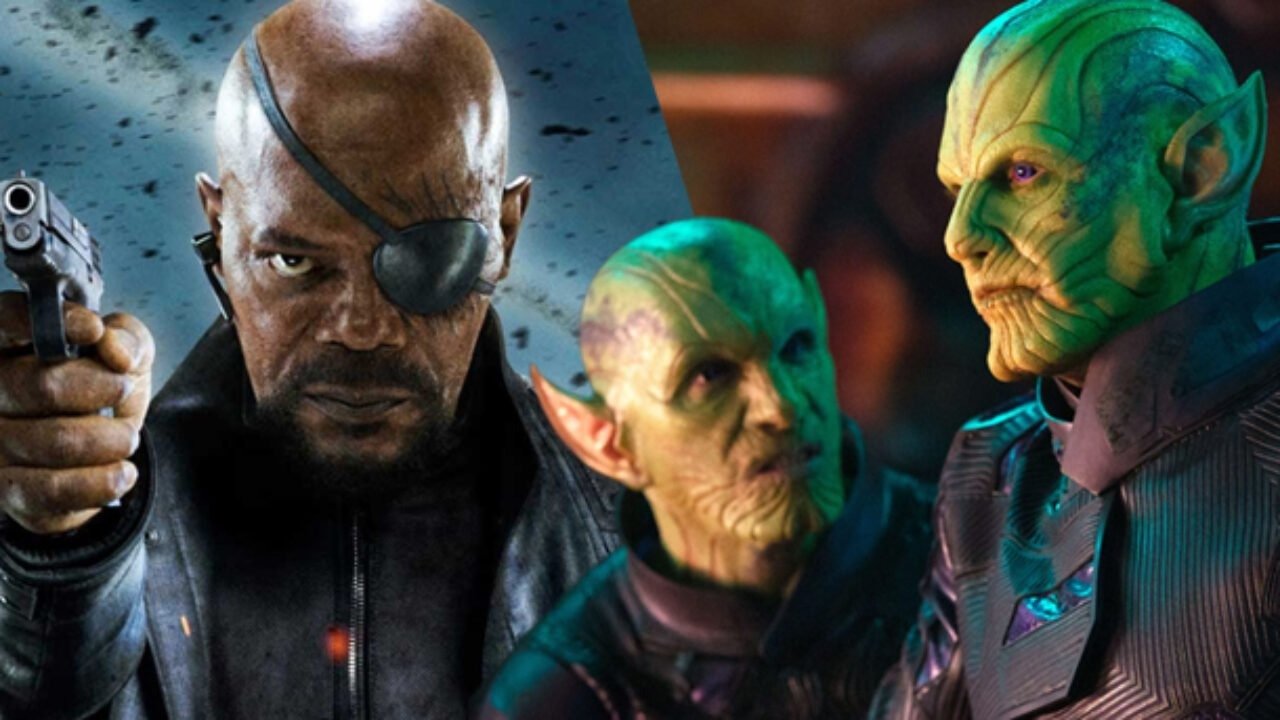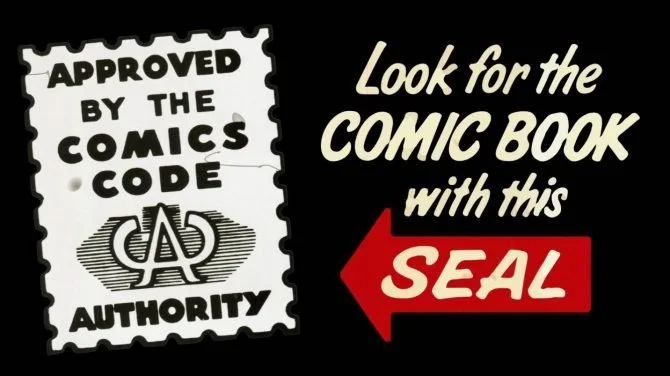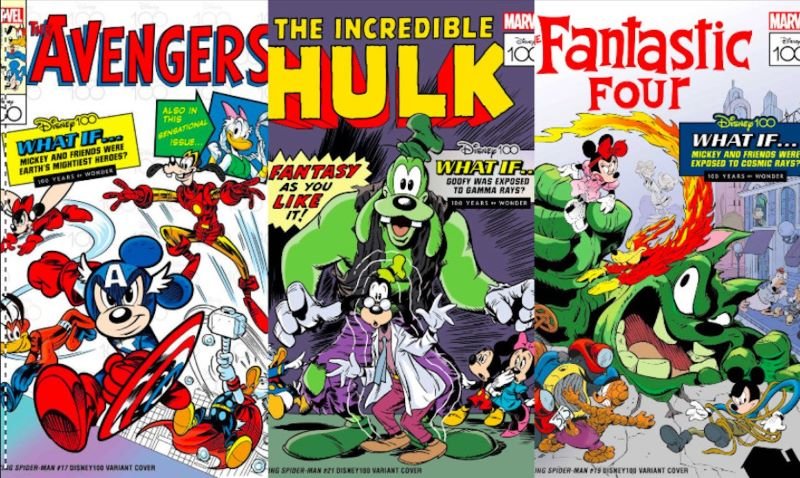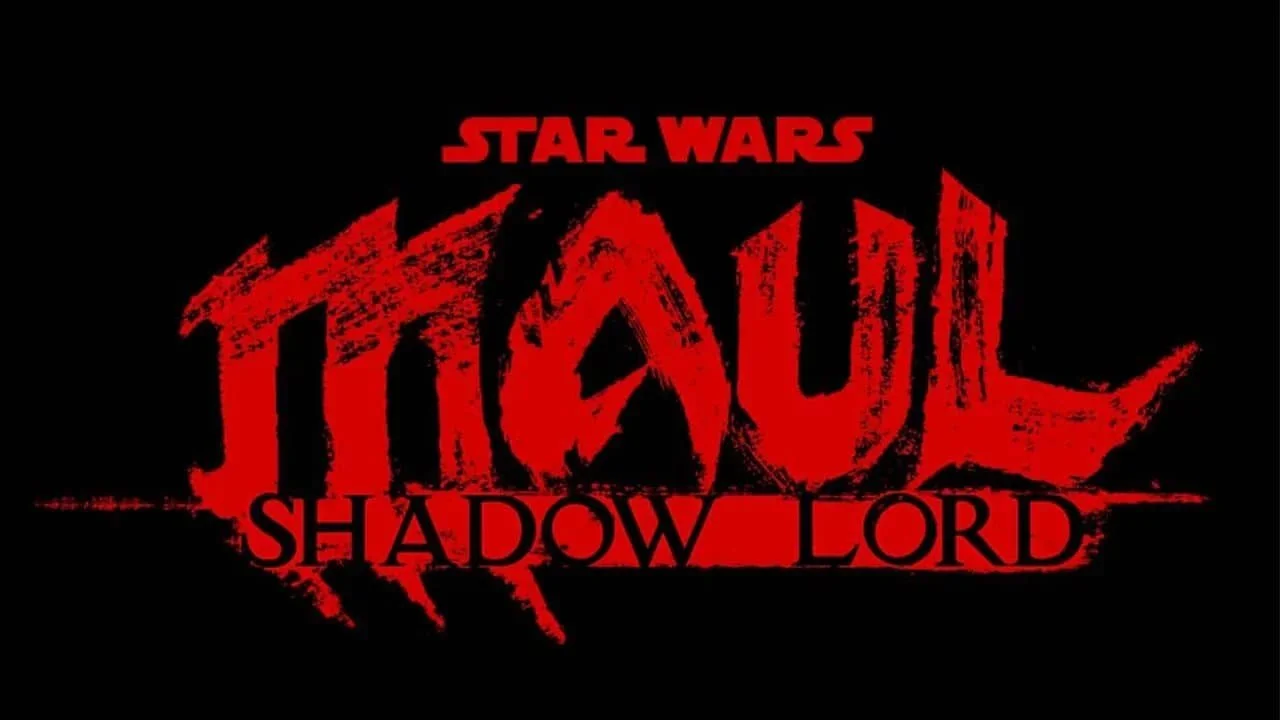Too Big To Fail: Could Marvel Ever End Up In The State It Was In The 1990s Again
Image Source: CultureSlate
There is a saying here in Austria that roughly translates to "Even landlords die eventually.” No matter how rich, wealthy or powerful you might be today, there is no guarantee that you might not lose everything in the future. In other words, no one is too big to fail.
Today, Apple is the most valuable brand in the world with a market capitalization of around $2 trillion (it had briefly topped even $3 trillion in January of 2022), and it is hard to imagine that the company had to rely on a $150 million investment from "arch-enemy" Microsoft twenty-five years ago to stay in business. It is equally hard to imagine that Marvel, one of the world's most renowned comic book companies and producer of the highest-grossing film franchise of all time, had to file for bankruptcy in 1996.
RELATED:
As usual in such cases, Marvel's downfall did not have just one cause. Things looked great for the company in the late 1980s and early 1990s. Both kids and adults read its comics, and Marvel pumps out as much content as possible, often prioritizing quantity over quality.
Under the leadership of Ronald Perlman, the parent company Marvel Entertainment Group (MEG) expanded beyond printed comics into trading cards, toy lines, and animated television shows. In doing so, it started to buy companies left and right, spending money that Perlman was sure would flow back into the pockets of MEG. By that time, comics also became more than just something to read, but also collectibles, with certain issues being sold for hundreds or even thousands of dollars. Hoping to make a fortune, many people bought several issues of a newly released comic, expecting to be able to sell them at a much higher price later on.
However, the bubble burst, sales dropped sharply, and Marvel suddenly faced debts they could not repay. In addition, seven of Marvel’s most renowned artists left the company in 1992 to form Image Comics. This caused MEG to file for Chapter 11 bankruptcy protection in Dember 1996. The company was saved only by merging with Toy Biz, an enterprise that Marvel had partially owned since 1993 to produce its superhero toy line. This look back on Marvel's history begs the question if something like this could happen again to the company, and the simple answer is yes, it COULD!
Image Source: Long’s Toys
Superheroes have been Marvel's tentpole, both in comics and in cinemas for many years, but there is no guarantee that this will be the case in the long run. Less than 100 years ago, Western was a popular genre, but it is more or less dead nowadays. Before Star Wars, science-fiction movies weren't regarded too well in Hollywood, and Marvel had to deal with a similar situation. While superheroes and especially Captain America had become popular figures in the early 1940s, the end of the Second World War led to a drastic decline in public interest in such characters. The end of the Nazi regime also meant that there were no major villains to fight. Marvel quickly reacted to that by shifting its focus to other genres, like science-fiction, Western, and even romance, but this strategy started to fail soon, and the company changed course again in the early 1950s. This means that a change in consumer interest, maybe caused by an oversaturation of superhero content and/or a drop in quality could cause some trouble for Marvel.
Image Source: Wikipedia
This change in consumer interest is also related to the public perception of comics. The last few years have seen a drastic incline in new regulations and guardrails. Many of these regulations are aimed at protecting (certain groups of) people from harm by others or sometimes even by themselves. However, such regulations could ultimately also impact the comic industry and, thus, Marvel.
In 1954, the Comics Magazine Association of America formed the Comics Code Authority. Though voluntary, the regulations of the CCA became more or less a de-facto foundation for comic publishing, and the CCA seal (or rather a stamp) on the front page of an issue was regarded as a badge of quality for many years. The rules of the Comics Code Authority were strict, practically banning the depiction of crime, violence, profanity, nudity, and sexuality, among many other things. Though the rules loosened over time before being completely abandoned in 2011, the CCA had a lasting impact on the comic industry.
Image Source: Comic Basics
Many comics (and movies based on them) have become darker and more gritty in recent years (which also contributes to their appeal). At the same time, their availability has risen sharply due to the internet. Kids today have no problem gaining access to content that is not appropriate for them. With the growing tendency to regulate more and more areas of our daily lives, there is a chance that public authorities might decide to establish a new kind of CCA, basically forbidding or limiting certain types of content, if they regard it too dangerous or inappropriate. Comics that only include "G-rated" content would surely lose much of their appeal for many readers.
There is also the issue of a shift in public perception of what is socially acceptable today. While smoking and racial discrimination were common in mass media for many years, it is not accepted anymore. Even without a new CCA established by public authorities, superheroes who use brutal measures, shoot and kill others, or somehow behave against the current "zeitgeist" could fall from grace in the public eye, forcing Marvel to change its strategy by producing more "soft" content and alienating many of its hardcore fans.
A drastic change in something well-established is often caused by a disruptive force. Nokia and Blackberry were shining beacons in the mobile phone industry for years until the arrival of the smartphone. Though both companies are still around these days, they are mere shadows of their former existence.
A few years back, I heard a presentation at a business convention by one of the people who had patented the SMS technology while working for Ericson. She told us that at that time, they could not believe that there would ever be anything that could replace this way of electronic communication. Even when they became aware of Brian Acton and Jan Koum and their start-up company WhatsApp, they did not take it seriously. And we all know the role SMS is playing in mobile communication these days.
So who knows if such a disruption would happen to comics as well. Maybe they will be consumed primarily via the Metaverse in a few years, or someone comes up with an A.I. that allows everyone to create comic stories to their liking, making writers and artists obsolete.
Image Source: Animation Magazine
You might object that Marvel is owned by Disney, and Disney has unlimited money and won't let its golden goose go down. While this is of course true, the last few years have not been too kind to the biggest entertainment company in the world. All major attractions were closed down or struggled to attract an audience due to the pandemic. Now Disney's flagship of content provision Disney+ is losing so much money that Bob Chapek had to resign as CEO and Bob Iger returned from his retirement.
Though it is highly unlikely that a company of Disney's magnitude could go bankrupt, the need to reduce cost might lead to a cut down on investment in new content or even to an "outsourcing" of content creation to other companies, giving away their intellectual property. Marvel has done something like this before by selling the rights to Spider-Man to Sony and the X-Men to Fox, and it took quite some time and a lot of money to get most of them back under the Marvel Cinematic Universe umbrella.
Don't get me wrong. This article is by no means a doomsday watch for Marvel, stating that the company is already dead and just doesn't know it yet. Marvel most likely won't run into the same troubles they were facing two and a half decades ago, but there is no absolute guarantee that something like this could ever happen again.
Because even landlords die eventually.
READ NEXT:

















